SUMMARY
This is AI generated summarization, which may have errors. For context, always refer to the full article.
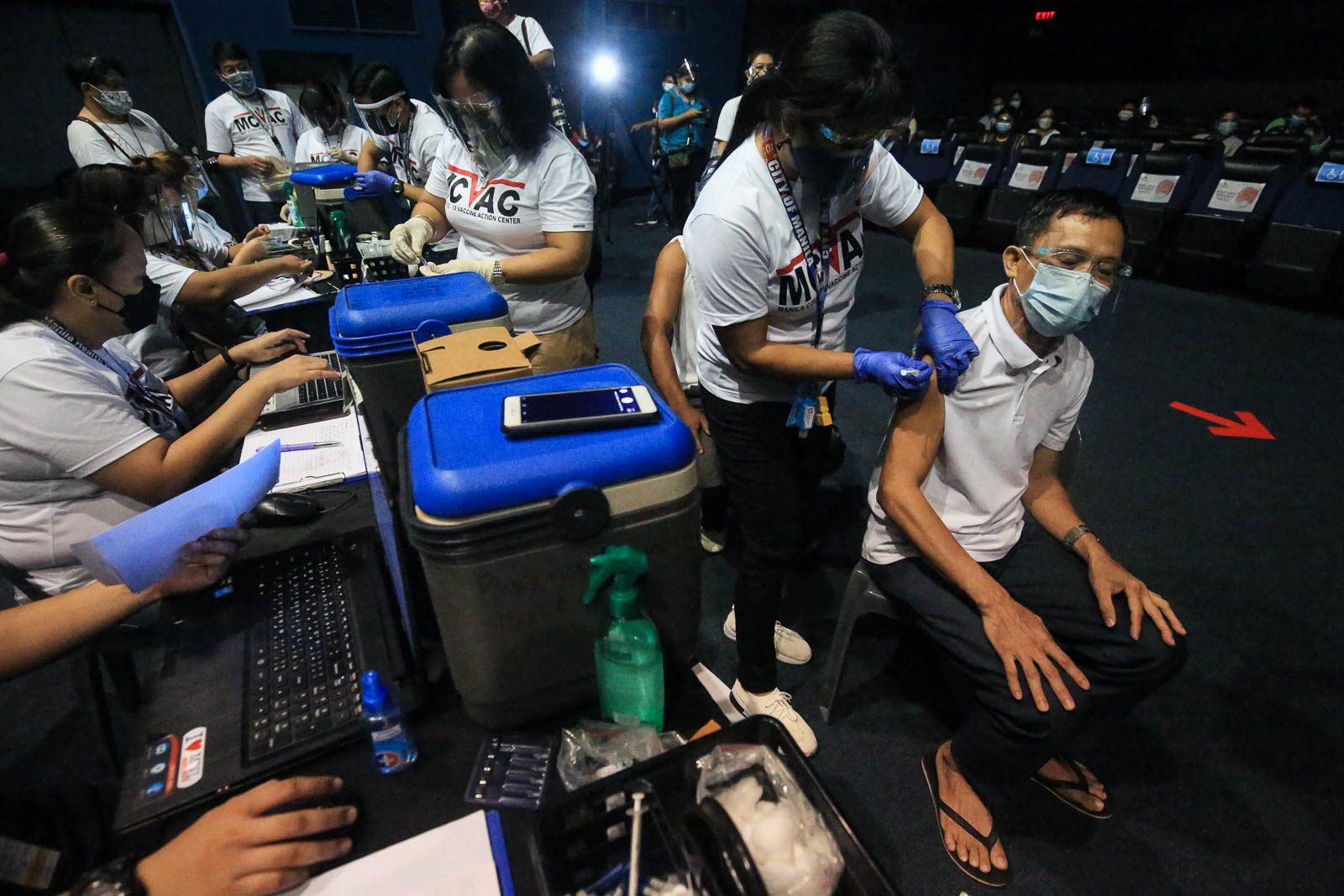
Belatedly included in the priority list for coronavirus vaccines, which became legally available in the Philippines in March, economic frontliners finally started receiving the shots on Monday, June 7.
The vaccination of the A4 priority group kicked off in Pasay City with the “symbolic” inoculation of some 50 workers, including security guards, customer assistants, Grab and Angkas delivery drivers, waiters, media, and government workers, among others.
The vaccination of the group will make for the largest sector to be covered in the country’s vaccine drive so far. There are about 35 million workers estimated to be part of the A4 COVID-19 vaccine priority group.
Based on the vaccination guidelines of the Department of Health (DOH), the distribution and administration of vaccines for the A4 group will be done in a two-phase approach as vaccine supplies remain limited.
Phase 1 will cover workers in high-risk areas prone to a resurgence of coronavirus cases, namely NCR+ 8. The cluster includes Metro Manila, Pampanga, Bulacan, Rizal, Laguna, Cavite, Batangas, Metro Cebu, and Metro Davao.
Phase 2 covers Filipino workers in other areas of the country.
Here’s what you need to know about vaccinations for the A4 group:
Who are eligible?
“Economic frontliners” include workers from the public and private sector required to be physically present in their workplaces. They also include informal sector workers, self-employed individuals who need to work outside their homes, individuals working in private households, and employees in government agencies, including government-owned and controlled corporations (GOCCs) and local governments.
The recovery cluster of the government’s coronavirus task force laid out two main criteria for determining if a worker falls under the A4 category:
- Individuals physically report to the workplace.
- Individuals are currently deployed or assigned to perform field work.

How will vaccines be allocated?
The vaccination of workers in the A4 priority group will be done simultaneously with the ongoing vaccination of A1 to A3 groups: health workers, senior citizens, and persons with comorbidities.
While vaccine supplies remain limited, the DOH urged local governments and companies to prioritize older workers to receive the shot. Health officials said this would ensure that the use of scarce supply would remain in line with prioritizing individuals more vulnerable to developing severe COVID-19.
The DOH said that, in situations where there is a limited supply of COVID- 19 vaccines, “priority may be given to eligible Priority Group A4 workers within 40-59 years old, then to those 18-39 years old.”
Who is in charge?
Local government units (LGUs), along with establishments, agencies, or organizations are the groups responsible for handling the vaccination of economic frontliners.
Companies and local officials share the following responsibilities:
- Share information on eligibility criteria, registration, and vaccination day processes with workers.
- Organize vaccination of workers in offices or worksites that meet criteria and are assessed by regional or local vaccine operation centers to serve as offsite vaccination centers.
- Otherwise, conduct vaccination at designated LGU sites.
- Schedule vaccination of workers, assist in registration for vaccine appointments.
- Provide support for vaccination, like transportation to and from workplaces and vaccination sites.
Aside from these, LGUs and companies each have the following responsibilities:
Establishments, agencies, or organizations
- Submit information on workers eligible to receive the vaccine under the A4 category to their LGUs.
- Determine who among their employees are eligible to receive the vaccine, based on criteria defining A4 workers.
- Coordinate with LGUs to facilitate vaccination of their eligible workers.
- Provide their workers proof of eligibility as an A4 vaccine recipient through the use of certificates of eligibility, contracts or permits, a company ID, or proof of occupation, such as business permits or community tax certificates.
- Adopt alternative work arrangements that considers time needed to be out of the office for vaccination and possible adverse events following immunization.
- Workers should also register for vaccination appointments with the advised schedule from their employers.
Local governments
- Determine eligibility of constituents considered part of the informal sector.
- Facilitate registration and appointments of private sector workers, informal sector workers, and those who are self-employed.
- Come up with a master list for priority groups A4 and A5 (indigent sector) within their jurisdiction.
- Inform companies and establishments operating in their communities of the procedures for registering their eligible workers.
- Facilitate the registration of eligible workers in the informal sector, including those working in small food stalls and sari-sari stores.
- Provide registered and eligible vaccine recipients with confirmation of their vaccination schedule along with the following information:
- Schedule, time, and site of their vaccination
- Necessary documents
- Medical clearance from attending physician or specialist if recipient has an autoimmune disease, HIV, cancer or malignancy, underwent organ transplant, undergoing steroid treatment, or with poor prognosis and bedridden
- Reminder to bring face mask, face shield, alcohol, identification, pen
- Other reminders prior to vaccination.
Read the relevant document below (along with a sample certification of eligibility on the last page):
– Rappler.com
Read Rappler’s series of explainers on the Duterte government’s vaccine program below:
- SCHEDULE: Philippines’ COVID-19 vaccine deliveries
- TRACKER: The Philippines’ COVID-19 vaccine distribution
- TIMELINE: The Philippines’ 2021 COVID-19 vaccine plan
- EXPLAINER: What to expect once COVID-19 vaccines arrive in the Philippines
- EXPLAINER: How COVID-19 vaccines will get from warehouses to you
- Securing vaccine deals: A checklist for local governments
- How FDA grants emergency approval for COVID-19 vaccines, meds
- PH to prioritize high-risk areas, sectors for COVID-19 vaccine rollout
- Gov’t releases new vaccine priority list, includes persons with comorbidities
- MAP: Which countries have started their COVID-19 vaccination program?
- LIST: Local governments’ plans, deals, and budget for COVID-19 vaccines
- FAST FACTS: Prioritized groups, guidelines for COVID-19 vaccination
- TRACKER: Which COVID-19 vaccines are being eyed by the Philippines?
- Your guide to COVID-19 vaccination for seniors, persons with comorbidities
- Meet the 5 experts’ groups advising PH’s COVID-19 vaccine program
Add a comment
How does this make you feel?
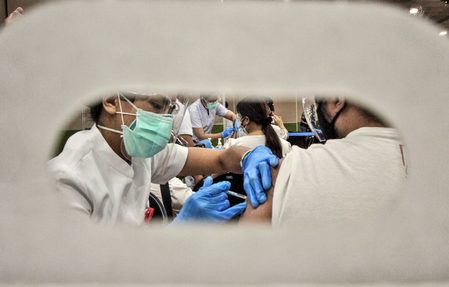
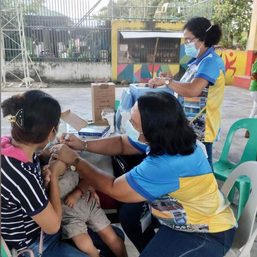

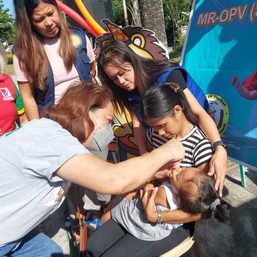
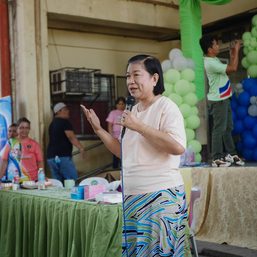
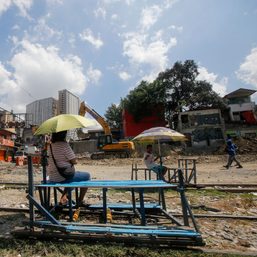
There are no comments yet. Add your comment to start the conversation.